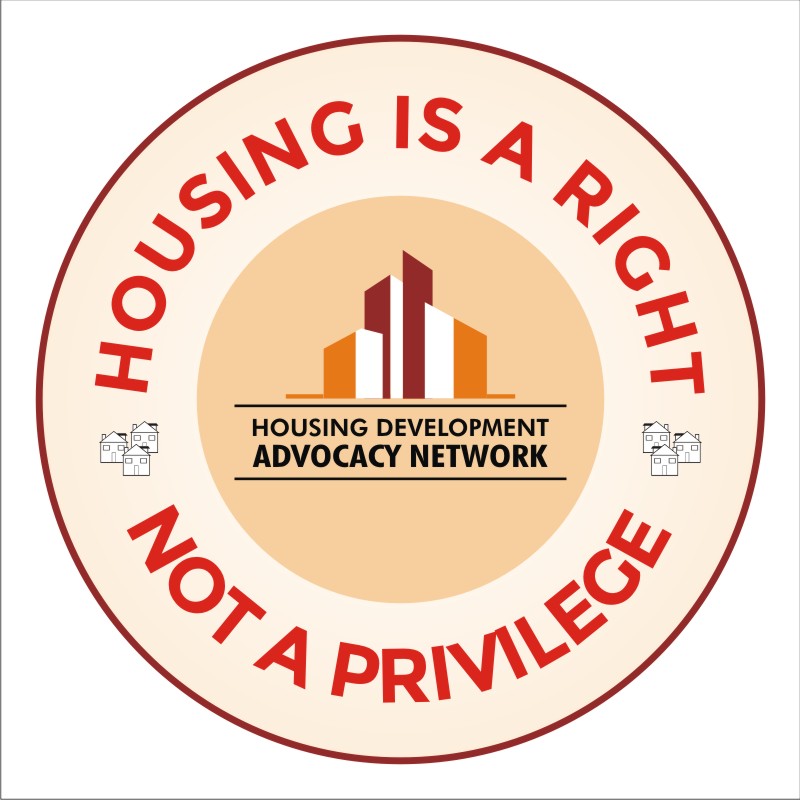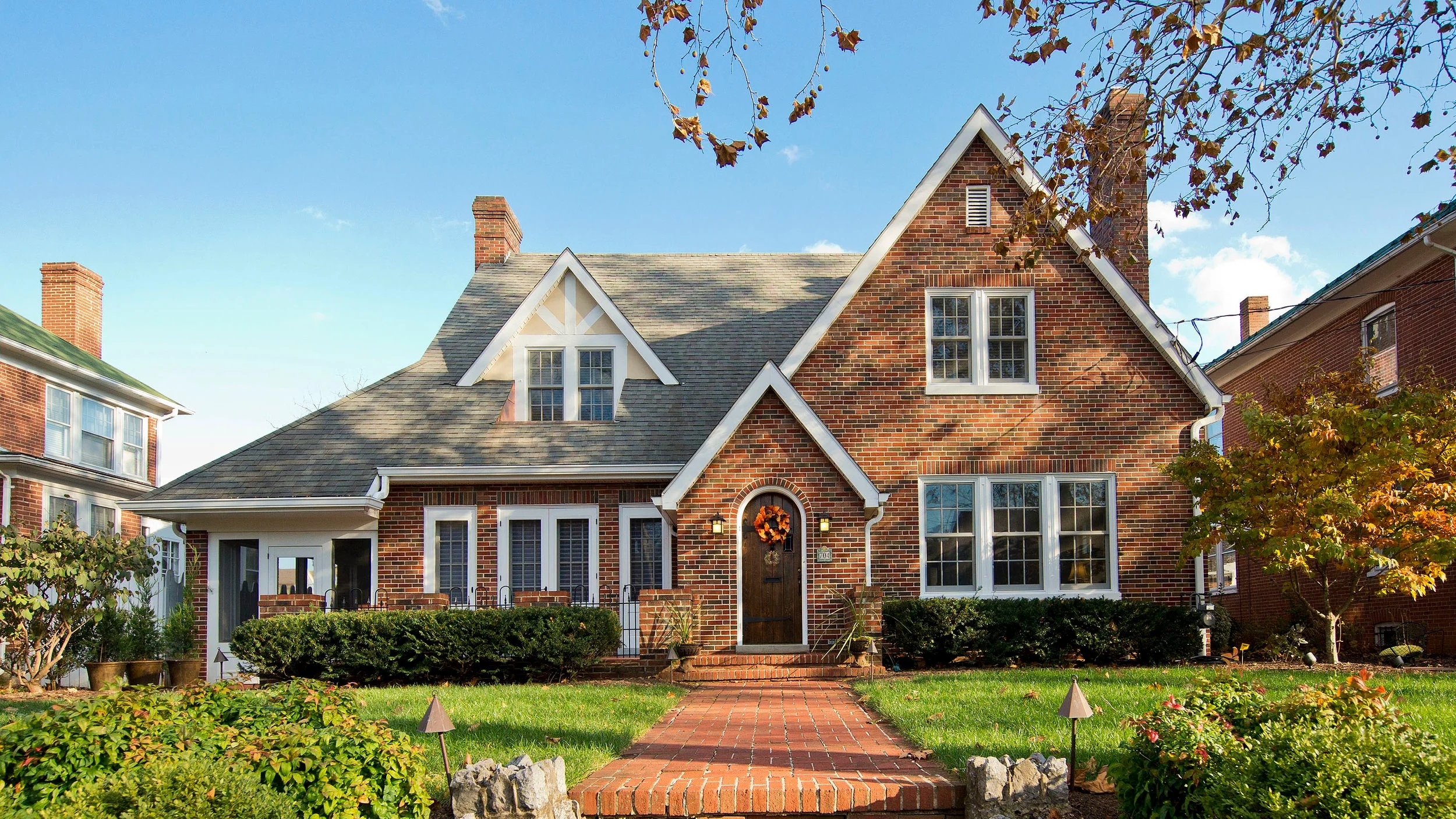A foreclosure is a procedure to get rid of an individual's rights to own and have belongings of real residential or commercial property, also described as property. After foreclosure, the individual will no longer own the residential or commercial property and will be needed to get rid of all his or her valuables and move.
A foreclosure is begun by a person, or business, holding a lien on real residential or commercial property. An owner will normally offer a lien upon his or her real residential or commercial property as security for payment of a debt. Typically, a homeowner gives a lien on his or her house to the bank as security for payment of a loan to the bank. In some cases, a lien can be positioned on real residential or commercial property without the owner's authorization where money is owed that has actually not been paid. For example, a carpenter can submit a building and construction lien for work done on a home, the IRS can submit a lien for overdue taxes, and a creditor can file a lien for an overdue judgment.
There are four typical kinds of liens on genuine residential or commercial property: a trust deed, a mortgage, a land sale contract and an uncontrolled lien. Foreclosure procedures differ depending upon the type of lien included.
Trust Deeds
A trust deed is an unique kind of mortgage provided by the owner of the genuine residential or commercial property to a 3rd party, called a trustee, who holds a power of sale for the residential or commercial property for the benefit of a financial institution (such as a lending institution) till the financial obligation is paid back. Banks and other lenders normally use a trust deed.
A trust deed can be foreclosed by a suit in the circuit court of the county where the residential or commercial property is situated. This kind of foreclosure is referred to as a judicial foreclosure and is now typical for domestic loans in Oregon. The party holding the lien asks the court for a judgment against the owner for the unpaid amount of the financial obligation together with lawyer fees and foreclosure expenses. If the owner does not pay that total to the holder of the lien, then the sheriff of that county will auction off the residential or commercial property to the greatest bidder for cash. If there is not sufficient money gotten by the sheriff to pay the judgment in full, then the holder of the lien can gather what is still owed, called a shortage, from the owner. The owner likewise needs to move out immediately.
If the foreclosure is on the owner's residence or the home of the owner's spouse or child, then the owner merely loses the residential or commercial property but does not have to pay a shortage. However, anybody else who ensured payment of the financial obligation will need to pay the shortage.
After the sale, the owner has 180 days to purchase the residential or commercial property back from the buyer for a quantity equal to the auction cost paid, plus interest and anything the buyer had to spend for such items as taxes and upkeep. This is known as a right of redemption.
In order to redeem the residential or commercial property, the owner must serve the purchaser of the residential or commercial property with a notice of owner's desire to redeem the residential or commercial property. The notice should mention the date and time the owner will pay to the constable and the redemption amount. The notice of redemption need to be served on the purchaser no greater than one month and no less than 2 week before the payment date the owner defines in the notification of redemption.
The holder of a trust deed can foreclose without going to court, too, through a foreclosure by "ad and sale" or non-judicial foreclosure. The trustee mails a notification of default and a "notice of home loss risk" to the owner (and any other individuals holding an interest in the residential or commercial property) of the quantity of the debt and the sale date, time and place, and releases notice of the sale in a paper. The trustee then auctions off the residential or commercial property to please the debt, the lawyer fees and foreclosure costs. Following the sale, the owner needs to vacate the residential or commercial property within 10 days of the sale. This foreclosure process takes around 140 days.

In this sort of foreclosure of a trust deed, the owner has no right of redemption after the sale. However, when the foreclosure is by "ad and sale," the owner does not have to pay a deficiency, either, if the residential or commercial property is home. In addition, the owner can stop the foreclosure by paying all overdue payments together with trustee's and attorney fees and costs at any time approximately 5 days before the set up sale date. The trustee will then file a notification in the county records showing that the foreclosure proceeding has ended.

Foreclosure often prevents lien holders from seeking a shortage against the debtor. This defense can be lost if the debtor chooses to do a brief sale to avoid the foreclosure. It is necessary to talk with an attorney before doing a short sale.

Mortgages
A mortgage resembles a trust deed but does not include a 3rd party trustee. With a mortgage, the owner gives a lien on the residential or commercial property as collateral for the debt.

A mortgage can be foreclosed by submitting a suit in the circuit court of the county in which the residential or commercial property is located. The foreclosure is handled in the exact same manner in which a court foreclosure of a trust deed is managed. The only distinction is that there is no right to gather a shortage from the owner following foreclosure, if the mortgage was provided as collateral to the seller of the residential or commercial property, or if the mortgage was offered to a bank or other lending institution for a financial obligation of less than $50,000, and the cash was utilized to spend for the residential or commercial property.

Land Sale Contracts
A 3rd kind of lien is a land sale contract. The land sale agreement is a contract between the seller and purchaser of real residential or commercial property. The seller consents to provide the purchaser a deed to the residential or commercial property once the purchase rate has been paid. It is extremely important to carefully read a land sale contract because the rights of the parties might differ greatly depending on the phrasing of the agreement.
The seller under a land sale agreement has three primary foreclosure rights.
First, the seller can file a suit in the circuit court of the county where the residential or commercial property lies requesting for the unsettled balance of the agreement together with attorney fees and foreclosure costs. If the seller's case succeeds, the constable will then carry out a public auction for cash. Similar to court foreclosure of a trust deed, if there is not adequate cash to pay the judgment, the buyer is responsible for paying the distinction to the seller. The buyer likewise must right away vacate the residential or commercial property after foreclosure. Unlike a court foreclosure of a trust deed, however, the buyer has no right to buy the residential or commercial property back after foreclosure.
The seller can pick rather to submit a suit in the county where the residential or commercial property is, to eliminate the buyer's interest in the residential or commercial property. This is referred to as strict foreclosure. In a strict foreclosure action, the seller gets the residential or commercial property back and the purchaser should pay to the seller all of the seller's attorney fees and foreclosure costs. The purchaser is not responsible for a shortage besides attorney costs and foreclosure costs but has no right to purchase the residential or commercial property back either.
The final foreclosure choice is called forfeit. It is comparable to a foreclosure by ad and sale of a trust deed. Here, the seller sends notification to the buyer and other celebrations having an interest in the residential or commercial property, explaining the quantity of the financial obligation and a forfeiture date. If the purchaser not does anything, the purchaser's interest in the residential or commercial property will be removed, and the purchaser should immediately vacate the residential or commercial property. Until the date of the forfeit, however, the buyer has the right stop the forfeit by making up the back payments together with attorney fees and forfeit expenses. The seller will then file a notice in the county records showing that the forfeit proceeding has actually ended.
Liens on Residential Or Commercial Property without the Owner's Consent
The final category of liens is those that are positioned against the residential or commercial property without the owner's permission. As explained above, those can include liens submitted by employees on the residential or commercial property, liens filed for unpaid taxes and liens submitted by lenders holding judgments versus the owner. Each of those liens has their own special procedures for foreclosure. Most of the times, however, the result is the exact same: the sheriff of the county where the residential or commercial property lies will hold a public auction and sell the residential or commercial property to the greatest bidder for cash. If the cash is not adequate to pay the quantity of the financial obligation, the individual who owes the cash protected by the lien will be accountable for the difference. With particular liens, the owner might deserve to redeem the residential or commercial property after the sale.


